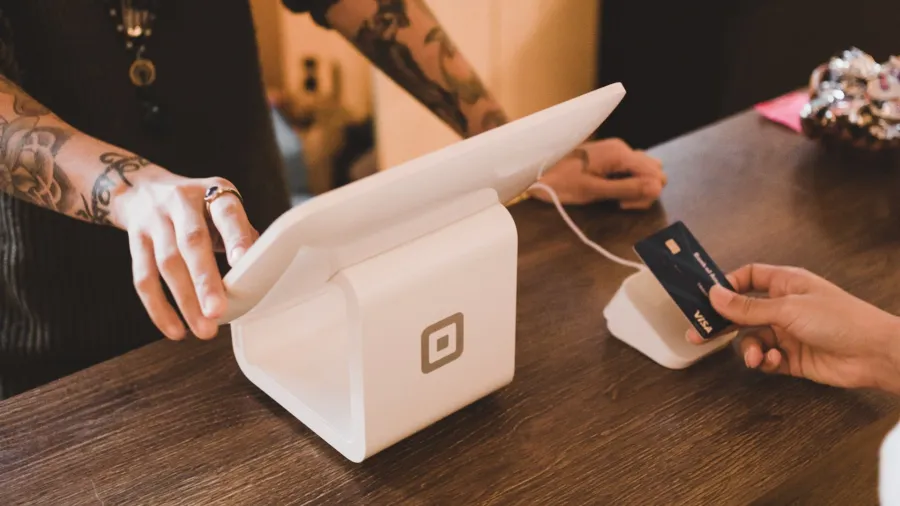
Contactless payments snare Singapore’s boomers
Loyalty programs are also rated as important by consumers in the city.
Digital and contactless payment methods are becoming the norm in Singapore, with four out of five Singaporeans finding it a more convenient means of paying–and even older generations are turning digital, with the same proportion of boomers sharing the sentiment, according to the latest Worldpay from FIS’ 2021 Generation Pay research.
Of the 805 Singaporean consumers surveyed, 81% of the boomer+ respondents–those over 57 years old–said that they find it easier to pay using contactless payment methods.
“Not only are Singaporean consumers using contactless payments more frequently than ever before, but evolving payment technologies—such as smart commands, in-car integrations, and biometrics—are also driving a new era of commerce throughout the country,” FIS wrote in the report.
Keen for new tech
Singaporean consumers emerged as the most open to using new technologies in payments. For example, over six in 10 local respondents expressed eagerness to experience check-out free technology.
In contrast, less than half of their counterparts from the US (40%), UK (39%), Brazil (49%), and Australia (43%), expressed the same.
Singaporean consumers are also the most interested to experience delivery by drone, with 53% expressing this sentiment. Of this, 64% of the Gen Z respondents said that they are keen to try delivery by drone, the highest of any age segment.
The idea of paying with cryptocurrency is gaining ground, with one in three or 33% of Singaporeans expressing interest in this advanced technology. But they are far less, proportion-wise, compared to the 49% of Brazilians who expressed the same.
Demanding loyalty
One way that contactless payment platforms and even just stores can attract Singaporean users is to introduce loyalty programs. FIS’ study found that four in five, or 80% of both Millennials and Boomers in the city rated having loyalty programs as “important” and “very important” in all categories: from groceries to home decoration and improvement, to health, to travel, and even in gambling.
But don’t just offer a loyalty program for the sake of it–consumers in Singapore were also found to be amongst the world’s most demanding when it comes to program features. Half of the Singaporean respondents want the flexibility of spending their points across multiple retailers.
Baby boomers, in particular, want the ease of use: non-expiring points and automatic rewards.




![Lorem Ipsum [ABF 1]](https://cmg-qa.s3.ap-southeast-1.amazonaws.com/s3fs-public/styles/exclusive_featured_article/public/2025-03/a_hand_pointing_to_a_futuristic_technology_5b87c9d0e3_1.png.webp?itok=2w0y1WhS)


![Cross Domain [Manu + SBR + ABF + ABR + FMCG + HBR + ]](https://cmg-qa.s3.ap-southeast-1.amazonaws.com/s3fs-public/styles/exclusive_featured_article/public/2025-01/earth-3537401_1920_4.jpg.webp?itok=WaRpTJwE)







 Advertise
Advertise

